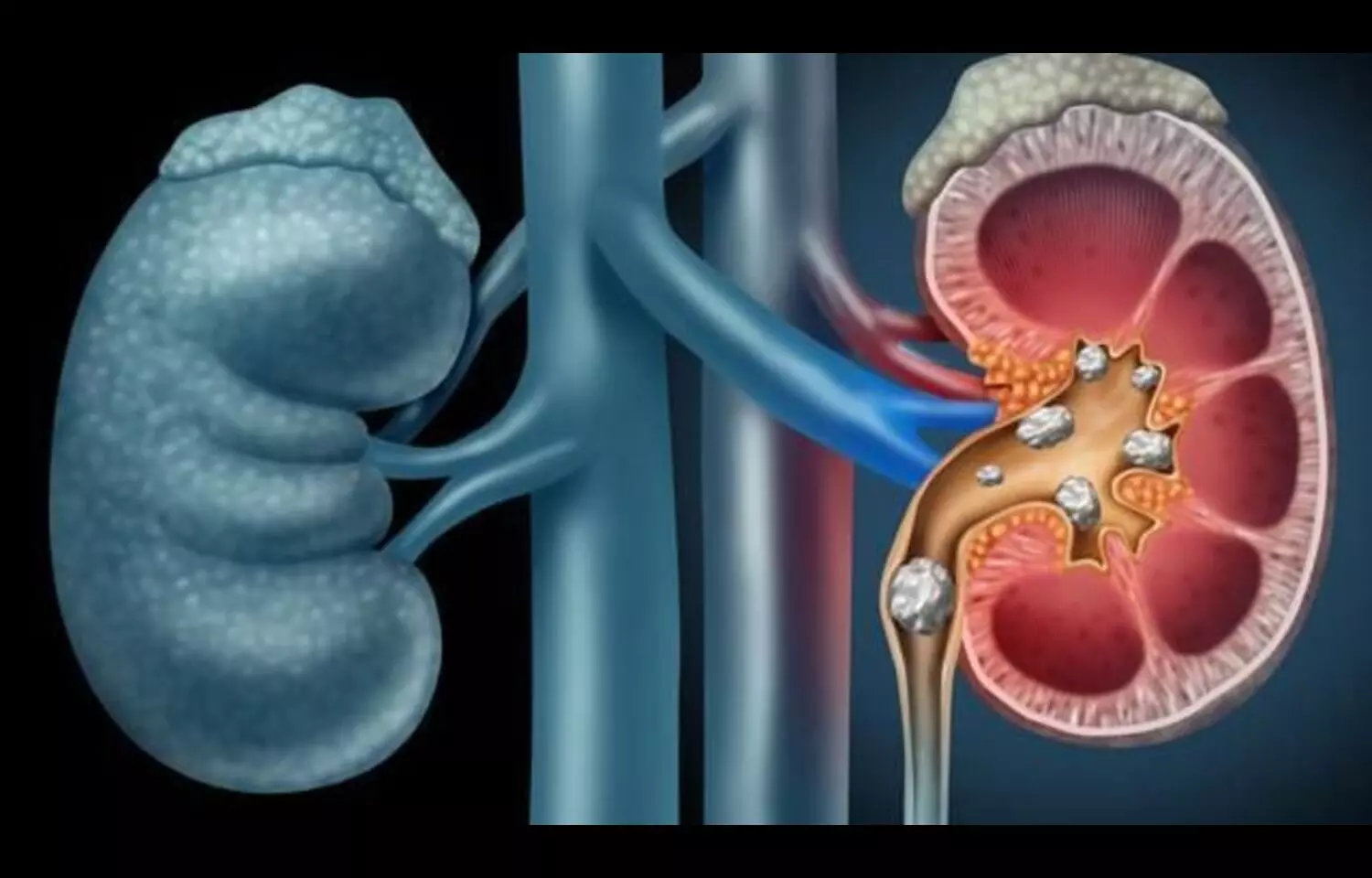Rheumatoid Arthritis Patients Face Higher Risk of Kidney Stones: Study
- byDoctor News Daily Team
- 14 September, 2025
- 0 Comments
- 0 Mins

Kidney stone disease remains a growing health concern worldwide, with metabolic, inflammatory, and lifestyle factors all contributing to risk. New research now suggests that individuals with rheumatoid arthritis (RA) may be particularly vulnerable. In a large population-based study involving nearly 20,000 participants, researchers found that patients with RA experienced more than double the incidence of kidney stones compared to those without the condition. The association persisted even after adjusting for common risk factors such as age, sex, and comorbidities, highlighting a potential link between systemic inflammation and stone formation. Rheumatoid arthritis is a chronic autoimmune disease characterized by persistent joint inflammation and systemic immune dysregulation. Researchers propose several possible mechanisms that could explain the elevated risk of nephrolithiasis in RA patients. Chronic inflammation may alter calcium and uric acid metabolism, leading to increased urinary excretion and crystal deposition. Additionally, medications frequently used in RA management—such as corticosteroids and diuretics—may contribute to stone formation by influencing fluid balance and renal handling of minerals. Reduced physical activity and dietary modifications in RA patients could also indirectly affect risk. Importantly, the study’s design limited causal inference. While the findings underscore a significant association, they do not establish that RA directly causes kidney stones. Instead, the results suggest that RA may act as a clinical marker of increased susceptibility, requiring further mechanistic and longitudinal research to clarify causality. Clinically, these findings carry important implications. Physicians caring for RA patients should be aware of the heightened risk of nephrolithiasis and consider proactive monitoring, especially in individuals with additional metabolic risk factors. Lifestyle strategies such as hydration, balanced diets, and metabolic screening may help mitigate risks. Overall, the study highlights the broader systemic burden of RA beyond joint disease, adding kidney stones to the list of potential comorbidities requiring integrated care. Yue, G., Yan, Y., Zeng, X. et al. Association between rheumatoid arthritis and kidney stones: A cross-sectional study of NHANES 2007–2020. Arthritis Res Ther 27, 141 (2025). https://doi.org/10.1186/s13075-025-03604-w
Disclaimer: This website is designed for healthcare professionals and serves solely for informational purposes.
The content provided should not be interpreted as medical advice, diagnosis, treatment recommendations, prescriptions, or endorsements of specific medical practices. It is not a replacement for professional medical consultation or the expertise of a licensed healthcare provider.
Given the ever-evolving nature of medical science, we strive to keep our information accurate and up to date. However, we do not guarantee the completeness or accuracy of the content.
If you come across any inconsistencies, please reach out to us at
admin@doctornewsdaily.com.
We do not support or endorse medical opinions, treatments, or recommendations that contradict the advice of qualified healthcare professionals.
By using this website, you agree to our
Terms of Use,
Privacy Policy, and
Advertisement Policy.
For further details, please review our
Full Disclaimer.
Recent News
Ketogenic diet may protect against stress experien...
- 03 November, 2025
STORM-PE Trial: Mechanical Thrombectomy Shows Supe...
- 03 November, 2025
AIIMS INI CET January 2026 admit cards released
- 03 November, 2025
3 pharma students drown in Payyambalam beach in Ke...
- 03 November, 2025
Daily Newsletter
Get all the top stories from Blogs to keep track.


0 Comments
Post a comment
No comments yet. Be the first to comment!